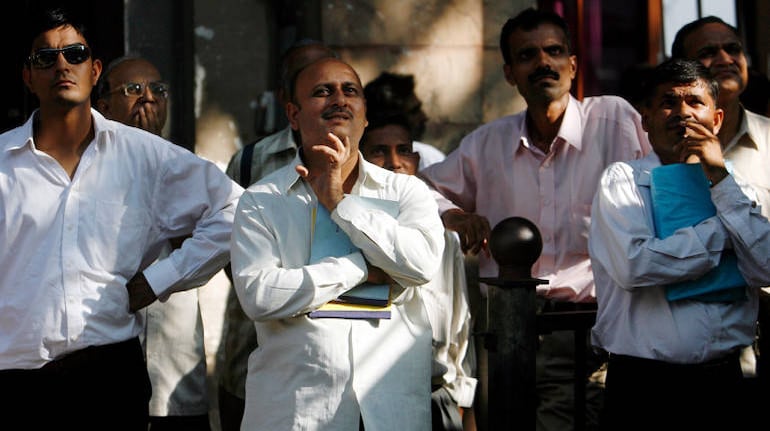



Harshad Mehta, once called the Amitabh Bachchan of Dalal Street, changed the way one looks at the stock market and how brokers trade. India experienced ingenious machination of its stock market for the first time in 1992, all thanks to systematic fraud that involved bank receipts and stamp papers leading the stock market to crash.
Following the fraud of around Rs 4,000 crore - ‘Securities Scam’, the rules of the game on Dalal Street changed forever. The Securities Laws (Amendments) Act was passed in 1995, which widened the jurisdiction of the Securities and Exhchange Board of India (SEBI), and allowed it to regulate depositories, FIIs, venture capital funds, and credit rating agencies.
Back then, many dealers used to earn ગાળિયો. Giju word used for difference between price told to customer and actual trade price. Now its 100% transparent. https://t.co/4BL7cUq6xJ— Nithin Kamath (@Nithin0dha) October 18, 2020
After 28 years since the scam, Nithin Kamath, founder of brokerage firm Zerodha Online, lists eight things that are done differently in the Indian stock markets these days.
1) Settlement cycle: Back in 1992, the settlement cycle - the time within which brokers have to pay full money and take delivery of stocks or deliver stocks if sold - was 14 days. Now, it is two days, and SEBI is also hinting at a 1-day cycle soon.
2) Minimum balance: In 1992, there was no rule over maintenance of minimum balance that a customer needs to ensure to buy stocks. But now, a customer can’t buy stocks without the minimum money in the account or sell without stocks in Demat account.
The new rule helps reduce the systemic risk from aggressive brokers who were previously compromising risk for the business.
3) Electronic transactions: Back in 1992, the settlement of trades was done through paper and counter-party risk was evident. Now, all the settlement of trades happens through clearing corporations (CC), and all transactions are electronic.
4) Broker's approval: Today since the risk from the customer is way lesser due to margin requirements & CC, you don’t need approval from a broker to open an account like in 1992. You can open a trading account online in under 15 minutes with any broker now.
5) Brokerage firms' role: In 1992, brokerage firms dealt as advisory, but now they focus on execution and not advisory.
6) Trading process: Back in 1992, all the trades were placed through dealers and hence they carried a huge execution risk. These days, most of the trades are executed by customers on their own.
7) Brokerage fee: In 1992, customers were mostly unaware and paid at least 1 percent as brokerage for equity delivery trades, while no charges have to be paid now.
8) Price difference: Lastly, in 1992, dealers used pocket a cut by telling different price to customer than actual trade price. However, these days the process is 100 percent transparent.
Discover the latest Business News, Sensex, and Nifty updates. Obtain Personal Finance insights, tax queries, and expert opinions on Moneycontrol or download the Moneycontrol App to stay updated!
Find the best of Al News in one place, specially curated for you every weekend.
Stay on top of the latest tech trends and biggest startup news.